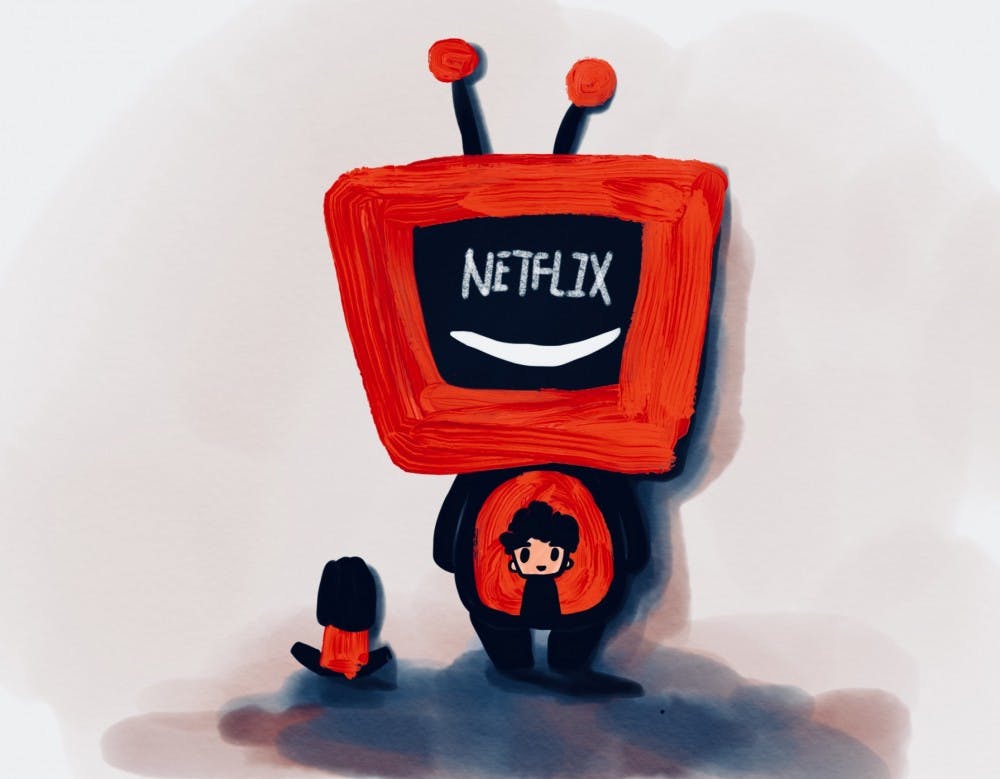“You have to understand, my dears, that the shortest distance between truth and a human being is a story.”
—Anthony de Mello, from One Minute Wisdom
Netflix’s new documentary series Rapture is a strong attempt at shedding light on some of the biggest names in hip–hop, both past and present, but does little more than scratch the surface. The series made in conjunction with Mass Appeal, one of the biggest names in hip–hop information, details the lives of eight different artists, ranging from legendary MCs Nas and T.I., current rap staples like 2 Chainz, G–Eazy, and Logic, up–and–comers A Boogie Wit Da Hoodie and Dave East, groundbreaking artist Rapsody, and one of the most famous producers, Just Blaze. Through one–hour biopics, each individual episode sets out to depict their rise to fame, what makes them unique contributors to hip–hop, and where they see the future of their own career. Unfortunately, the amalgamation of these topics is thrown together in a way that never fully expands on any one aspect to its fullest extent. Rather, the episodes seem to be taken in the direction of the artists themselves, with a bias directorial viewpoint that tends to show, for the most part, surface–level depictions of these artists: the fame, the gain, and the bling.
The show aims to share the contribution each artist has made to hip–hop, but instead shows images of sold–out shows and clear b–roll clips from music video shoots. It seems the word ‘rapture’ was not taken very seriously as a literal translation would have shown the intense impact that each artist has had on their surrounding world. The directors are different for each episode, a poor decision for a series spanning such a wide range of musicians, and seem to prefer to skim over heartfelt moments for profound scenes of rap’s allure.
What makes this series worth watching are the short insights into the family lives of each artist. Viewers see the most honest version of their favorite artist when they're around their family, whether it be Rapsody at her family dinner, Dave East playing with his daughter between interviews, or A Boogie Wit Da Hoodie choosing his next move in a game of chess with his grandfather. These moments are what make the artists the people they truly are, each citing family as a main driving force in their careers. Every artist wants to be a famous musician, but it seems more than that, they want to be a role model for their family and children. Listening to the pride that 2 Chainz’s mother has for both of their development over the years is as heartwarming as it is relatable. Seeing Rapsody freestyle with her college rap ‘family’ is reminiscent of many college dorm memories. These themes are so transferable between artists and viewers that it helps to build a bridge between lives that seem to have almost no connection through popular media. Had the show focused more on this topic it had within its grasp instead of the stardom and repeatable themes of the music industry, maybe artists could be depicted as real people.
Rapture drops the ball, throughout the game. Each episode ends with a scene from their concerts, but shows no variation in the uniqueness each person brings to a show.
It just shows something that looks exhilarating, but in reality is just filler to build mood.
The most rewarding episode is probably the one on Just Blaze, documenting an artist who is still constantly working at his craft, unafraid to admit his faults, and striving towards the next great thing. It's unfortunate more episodes did not follow this directorial formula, as its list of rappers is by any means an A–list, whether by clout or popularity. All in all, Rapture is a good way to learn a basic history of some influential artists with a unique family aspect. Hopefully future hip–hop documentaries will build on the strengths of this series, rather than redistribute the same topics addressed in every other rapper biopic.

